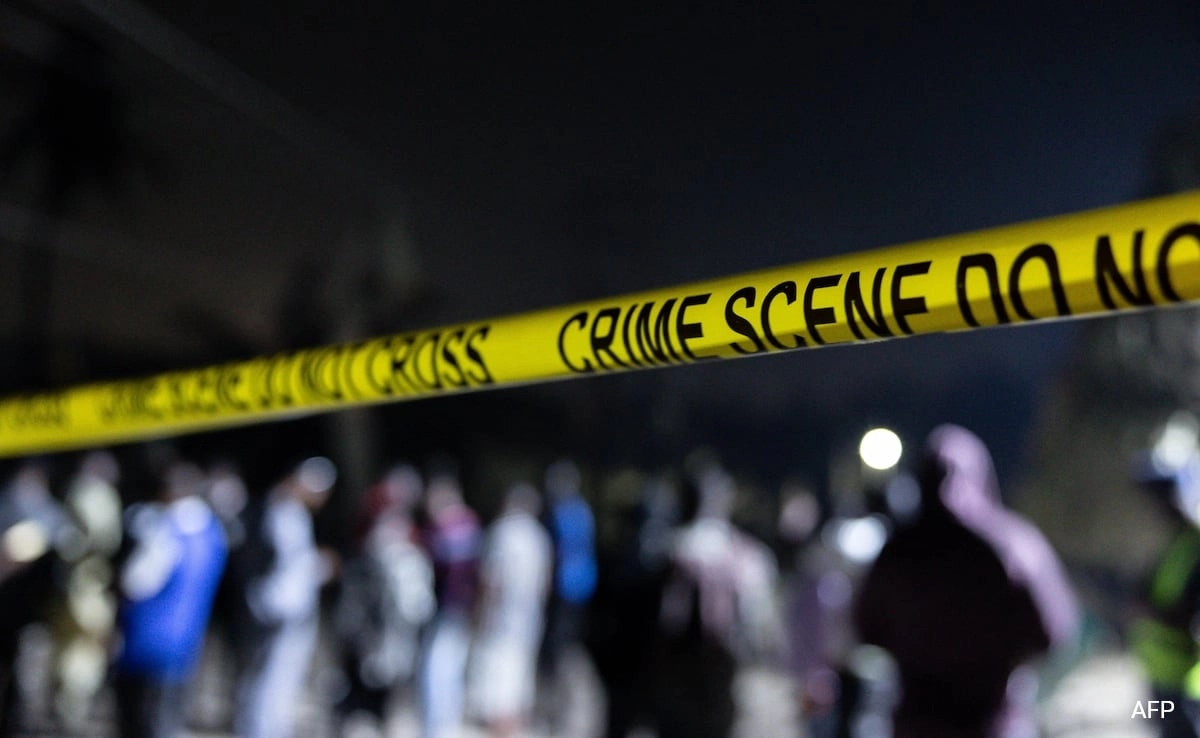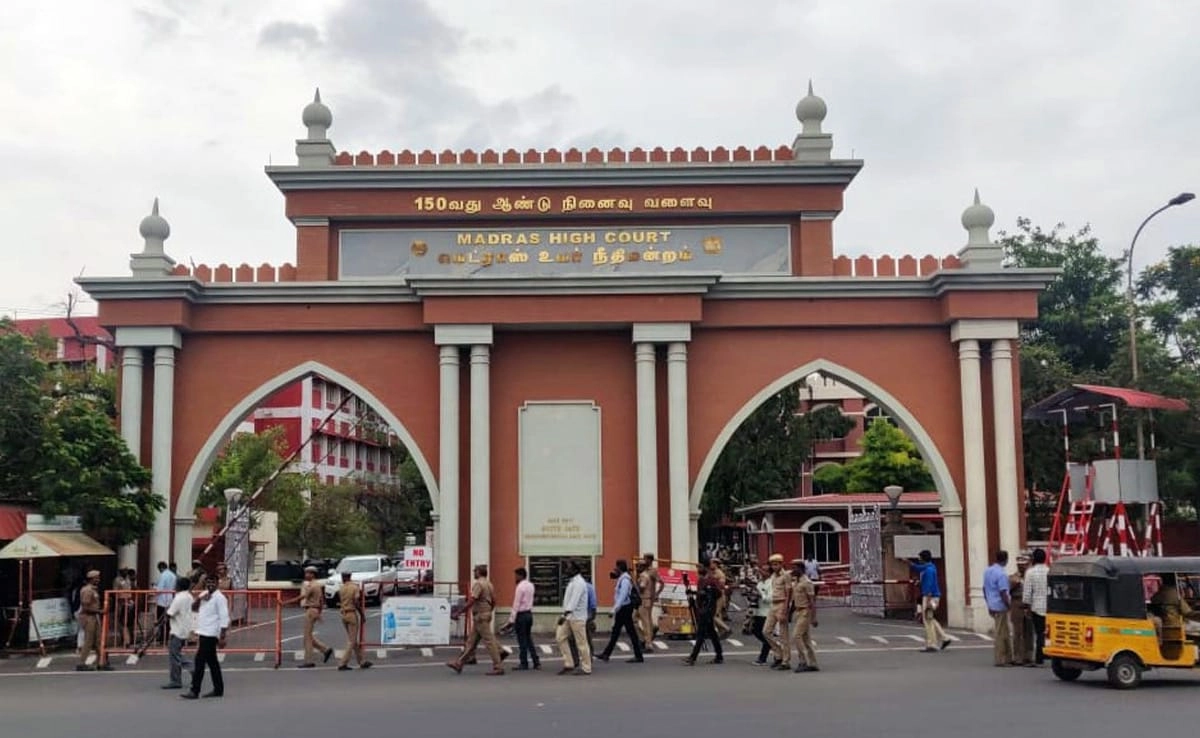In a tragic series of events, Pakistan has witnessed the devastating impact of violence as three bomb blasts claimed the lives of at least 25 individuals and left dozens more injured. These coordinated attacks occurred in various locations, highlighting the ongoing security challenges faced by the nation. The bomb blasts, which took place in crowded areas, instilled fear and chaos among the local population, drawing immediate responses from law enforcement and emergency services. The blasts have been attributed to extremist groups operating in the region, emphasizing the persistent threat posed by terrorism.
Authorities reported that the explosions occurred during peak hours, catching many unsuspecting civilians off guard. Hospitals in the vicinity were quickly overwhelmed with casualties, as first responders rushed to provide aid to the injured. The blasts have sparked widespread condemnation from both national and international leaders, who expressed their solidarity with the victims and their families. In the wake of these attacks, security forces have heightened their vigilance, launching operations to track down those responsible and prevent further acts of violence.
The situation in Pakistan remains precarious, with various regions grappling with instability due to extremist activities. The government has faced criticism for its handling of security issues, as incidents of violence continue to disrupt daily life. In light of the recent bombings, there is a renewed call for a comprehensive approach to counter-terrorism, focusing not only on military measures but also on addressing the underlying socio-economic factors that contribute to radicalization. As the nation mourns the loss of lives and supports the injured, the resilience of the Pakistani people is once again put to the test in the face of adversity.




